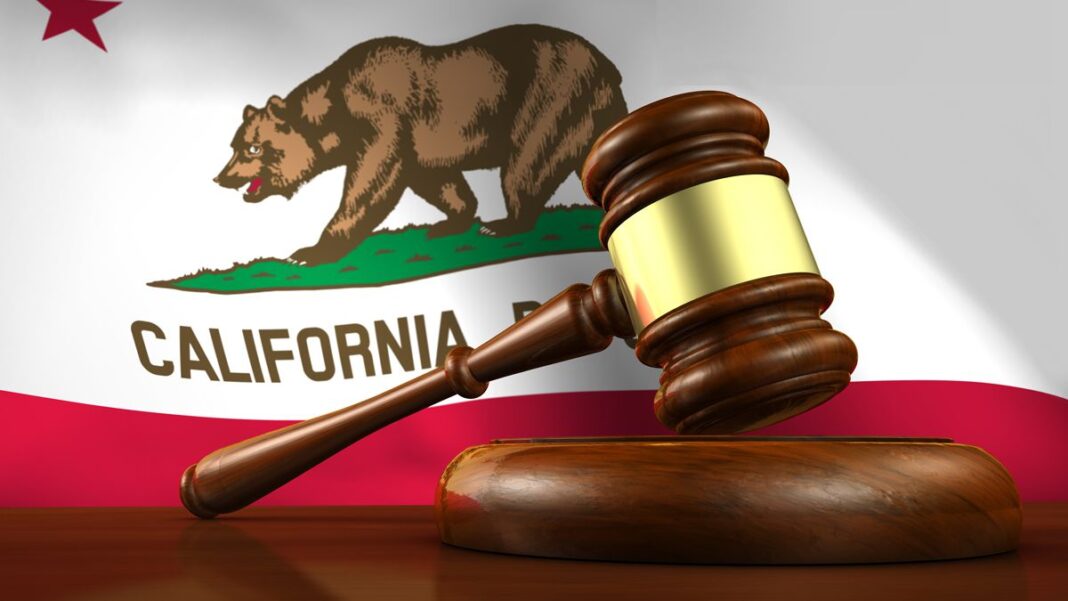
KEY TAKEAWAYS
- How far will California go to enforce unfair and discriminatory racial and gender quotas?
- The U.S. Supreme Court has “rejected racial and ethnic quotas” on multiple occasions as “facially invalid” and unconstitutional.
- With a decisive stroke of the judicial pen, the judge struck down a biased and immoral practice, affirming the principles of meritocracy and equal opportunity.
How far will California go to enforce unfair and discriminatory racial and gender quotas? Until recently, the Golden State was willing to fine corporations up to $300,000 if they didn’t engage in such inequitable behavior.
Fortunately, on May 15, a federal district court put an end to that. In Alliance for Fair Board Recruitment v. Weber, it struck down a state statute that required racial and gender-identity quotas for board members of publicly held corporations in California. The court ruled that this quota statute violates the U.S. Constitution as well as federal civil rights law.
The 2020 statute, AB 979, required California corporations to have as members on their board of directors individuals from supposedly “underrepresented groups,” including “an individual who identifies as Black, African American, Hispanic, Latino, Asian, Pacific Islander, Native American, Native Hawaiian, or Alaska Native, [or] gay, lesbian, bisexual, or transgender.”
The number of directors needed to satisfy these quotas was determined by the size of the corporation, but a minimum of one to three members was required. This racist statute went so far as to impose fines ranging from $100,000 to $300,000 for noncompliance.
After this law took effect in 2020, the Alliance for Fair Board Recruitment, which is “composed of individuals who do not self-identify into one” of the statute’s groups, sued California Secretary of State Shirley Weber. The alliance argued that this quota system violated the equal protection clause of the 14th Amendment, which guarantees every American “equal protection of the laws,” as well as 42 U.S.C. § 1981.
42 U.S.C. § 1981 is the federal statute that implements the 14th Amendment’s protections. The statute guarantees all people “the same right in every State and Territory to make and enforce contracts … [and] the full and equal benefit of all laws.”
Judge John Mendez concluded that AB 979’s racial and gender quota system violates the 14th Amendment and § 1981 and that the alliance was entitled to “summary judgment in its favor … as a matter of law.”
California actually conceded that AB 979 “constitutes a racial classification” system, but tried to argue that it was “permissible because it is aimed at remedying past discrimination.” But Judge Mendez wasn’t buying it, noting that the U.S. Supreme Court has “rejected racial and ethnic quotas” on multiple occasions as “facially invalid” and unconstitutional, including in cases arising in California.
California also claimed that no actual quotas existed because the statute allows corporations to have unlimited directors, ensuring that candidates would compete with one another and be assessed individually. The court, however, dismissed this argument, emphasizing that the statute enforced “a racial quota as it requires a certain fixed number of board positions to be reserved exclusively for certain minority groups.”
Finally, apparently seeing the futility of its arguments, California tried to persuade the judge to simply sever all of the individual groups specifically mentioned in the statute, such as Asians and transgender people, leaving in the quota system for “underrepresented groups.” California argued this would not “adversely affect” the “basic operation” of the statute.
But Judge Mendez rejected that argument, too, since the statute has no severability clause and because he concluded that the Legislature “would not have adopted the remainder of AB 979 had it foreseen its partial invalidation.” Moreover, Judge Mendez said, removing those specific racial and ethnic categories “would adversely affect the coherence of the remaining provision.”
That was a polite way of saying it would provide the opportunity for blatant discrimination based on whatever definition that government bureaucrats—or employers—want to give “underrepresented groups.”
This decision is a resounding victory for the alliance and everyone who recognizes that such discrimination is offensive and wrong. With a decisive stroke of the judicial pen, the judge struck down a biased and immoral practice, affirming the principles of meritocracy and equal opportunity.
Judge Mendez has struck a crucial blow against numerical racial and gender quotas in the workplace and elsewhere. Requiring hiring or appointments based on racial and gender quotas, as well as a quota based on whom an individual has sex with, is simply outrageous, besides violating the Constitution and basic concepts of fairness.
California may appeal, but it would be highly unlikely to prevail and would simply delay the inevitable, which is this and other similar statutes being thrown out by the courts. Such quota systems are not only opposed by the overwhelming majority of Americans, but they are unconstitutional and morally repugnant.
Hans A. von Spakovsky
Election Law Reform Initiative Manager, Senior Legal Fellow
By Abigail Carr
Summer 2023 Member of the Young Leaders Program at The Heritage Foundation






